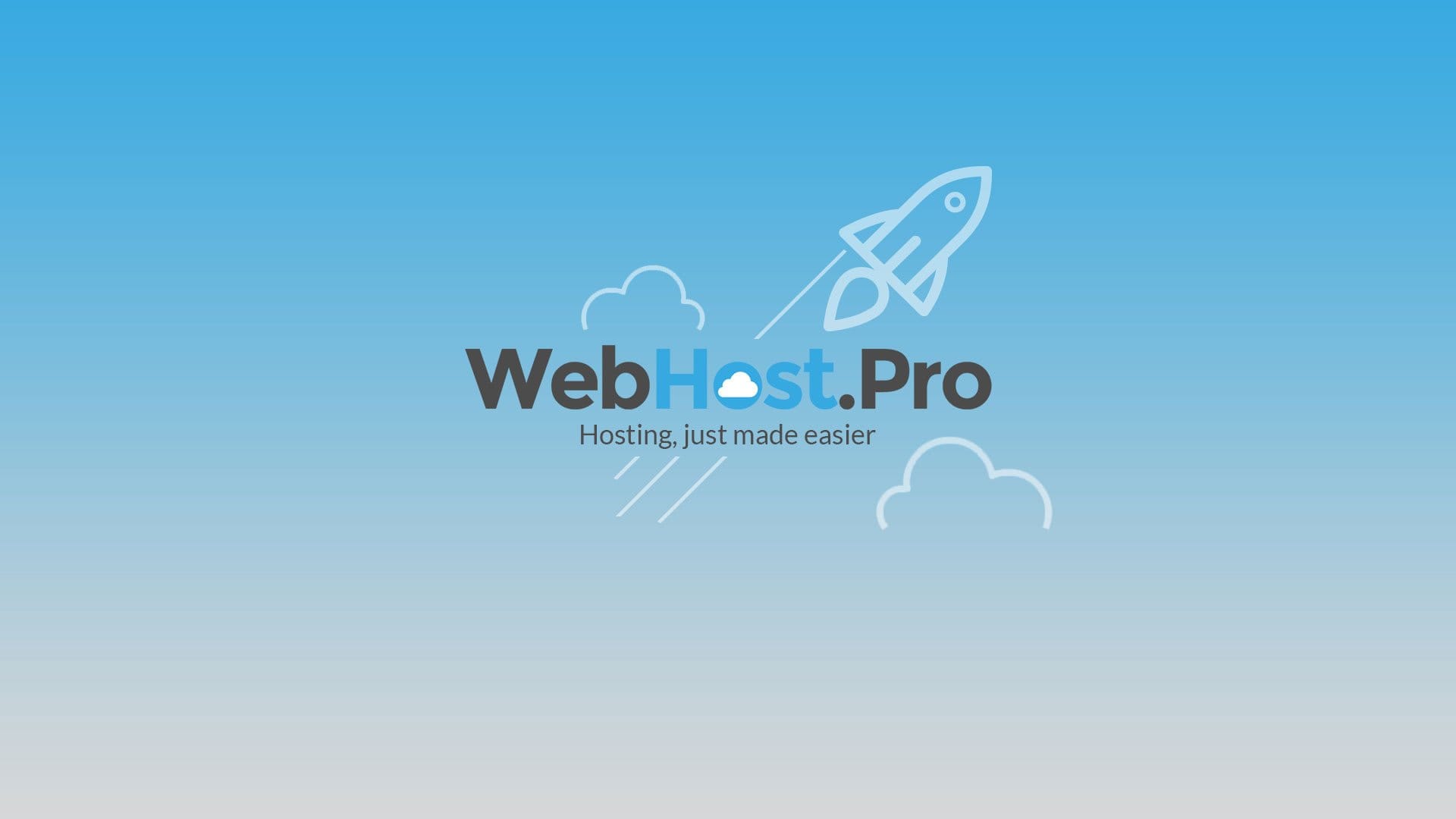For the best-valued web hosting go here: Web Host Pro
Choosing between free and paid web hosting involves considering various factors based on your website’s needs, your budget, and the level of control and services you require. Here are the key differences between free and paid web hosting:
1. Cost:
- Free Hosting: As the name suggests, it’s free. Ideal for individuals experimenting or learning web development, or for those who are creating non-critical websites.
- Paid Hosting: Requires a monthly or annual fee. The cost can vary widely depending on the provider and the level of service.
2. Domain Name:
- Free Hosting: Often, you don’t get a unique domain name. Instead, your site is a subdomain of the hosting provider (e.g., yourwebsite.freehostingprovider.com).
- Paid Hosting: Usually allows you to have a unique domain name (e.g., yourwebsite.com), enhancing your brand’s credibility and making it easier for visitors to find you.
3. Advertisements:
- Free Hosting: Hosting providers may display their own ads on your website. You typically have no control over these ads, which can detract from your site’s appearance and user experience.
- Paid Hosting: Generally, ads are not placed on your site, giving you full control over the content and appearance of your website.
4. Resources and Performance:
- Free Hosting: Offers limited bandwidth, disk space, and processing power. This can lead to slower website loading times and reduced functionality, especially as your site grows.
- Paid Hosting: Provides more resources and better performance. You can choose a hosting plan that matches your needs, allowing for faster loading times and handling more traffic.
5. Security and Reliability:
- Free Hosting: This may offer basic security features, but is typically less robust than paid services. Downtime can be more frequent, and data backup options may be limited.
- Paid Hosting: Often includes advanced security features, such as SSL certificates, regular backups, and malware scanning. Providers also usually guarantee higher uptime rates.
6. Customer Support:
- Free Hosting: Customer support is often limited or non-existent. You might have to rely on community forums or FAQs for help.
- Paid Hosting: Generally offers comprehensive customer support, including live chat, phone support, and email tickets. This can be crucial for resolving issues quickly.
7. Features and Flexibility:
- Free Hosting: Provides basic features, with limited options for customization and scalability. This might be sufficient for simple websites but restrictive for more complex projects.
- Paid Hosting: Offers a wide range of features, including multiple email accounts, database support, and the ability to install various scripts and software. Paid hosting plans are scalable, allowing you to upgrade as your site grows.
Conclusion:
Free web hosting might be suitable for personal projects, small websites, or those just starting out. However, for businesses or individuals aiming to build a professional online presence, paid hosting is a better choice due to its reliability, performance, and support. The decision ultimately depends on your specific needs, budget, and long-term goals for your website.

